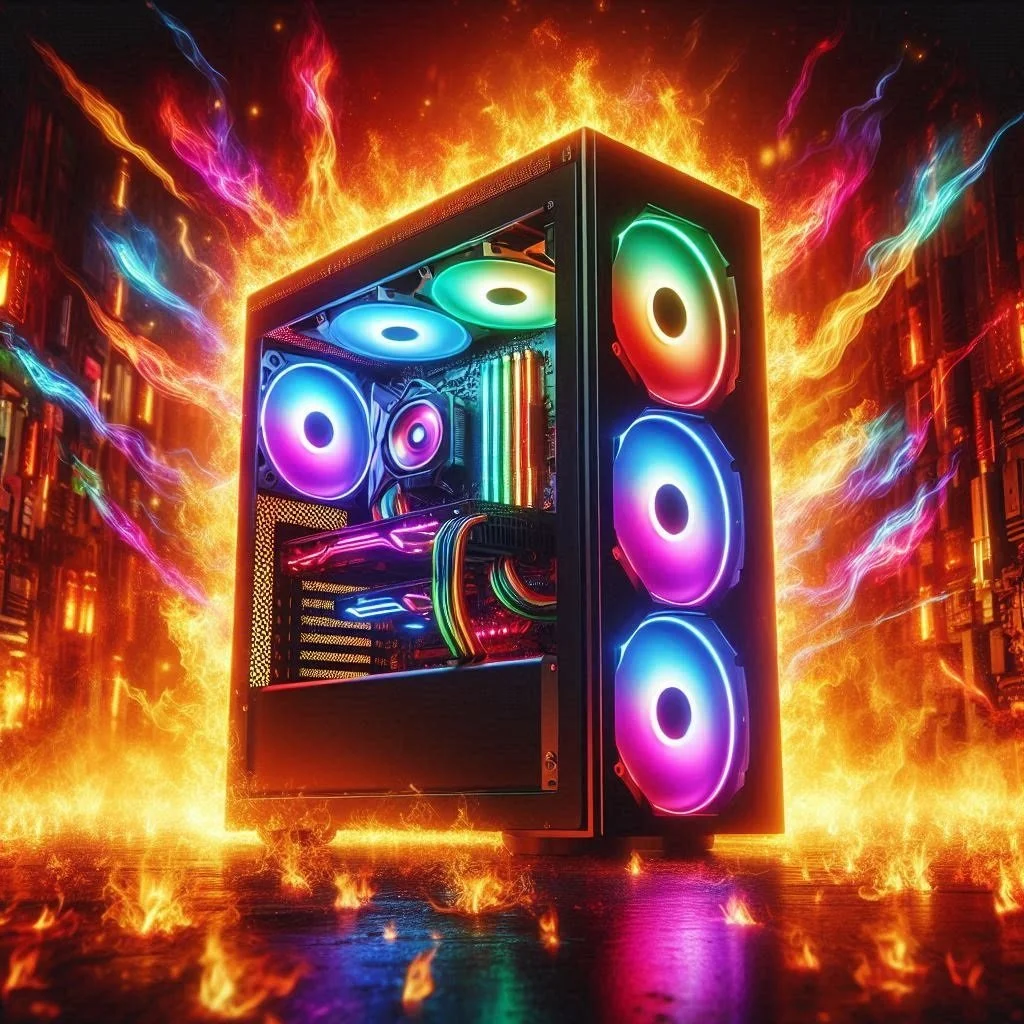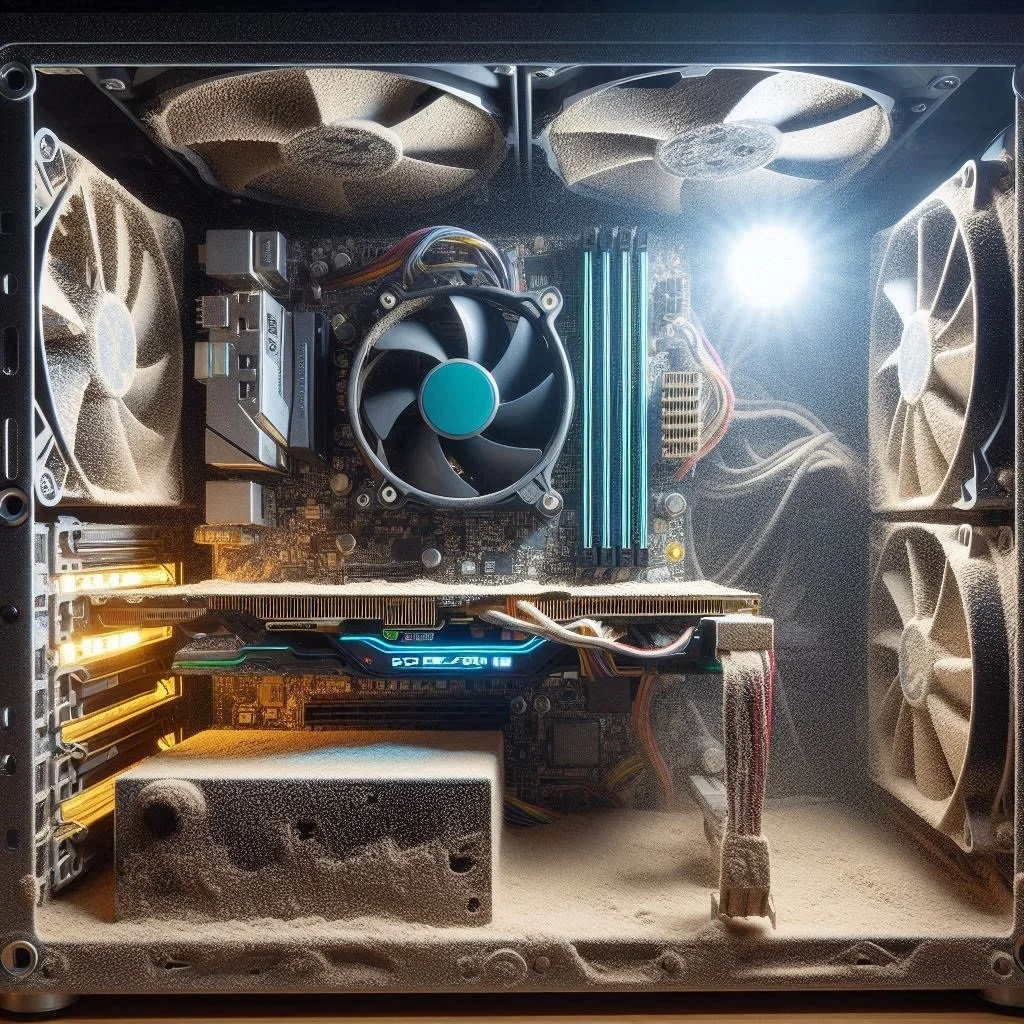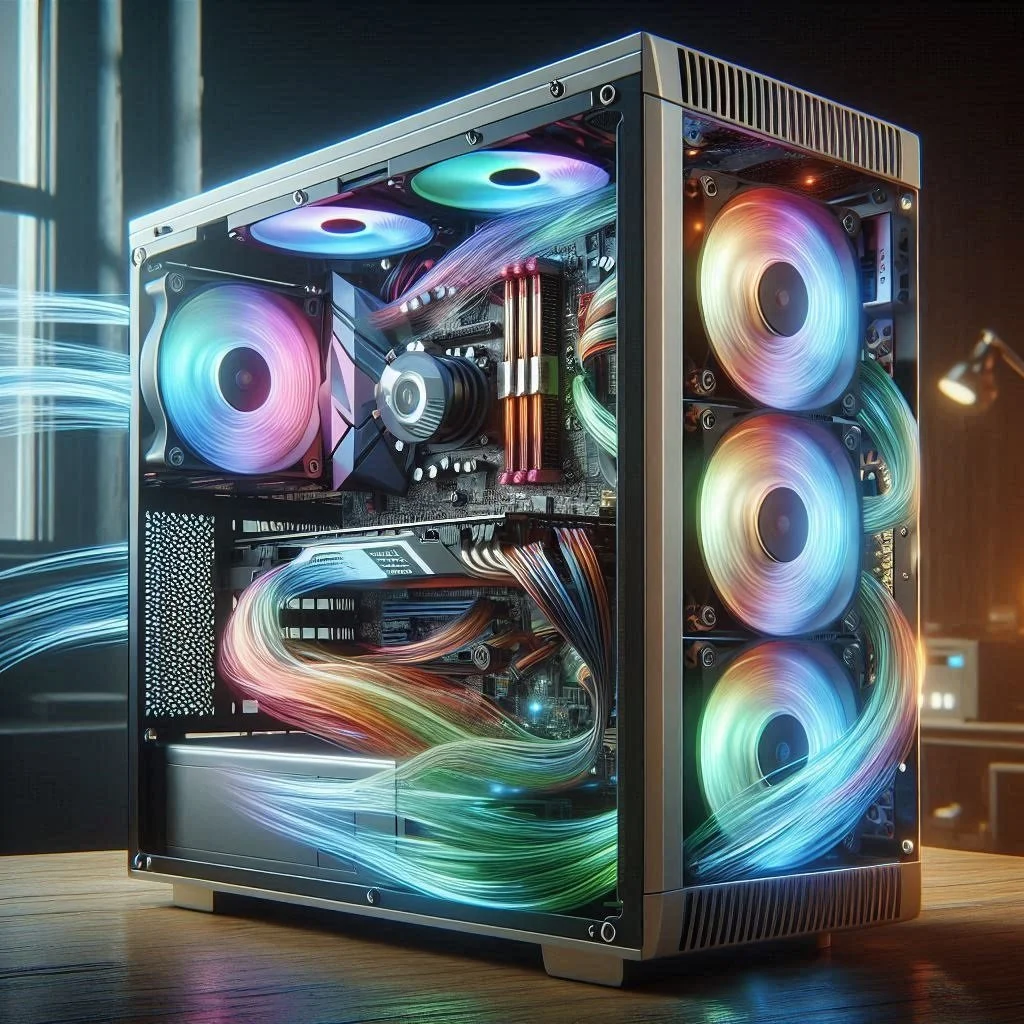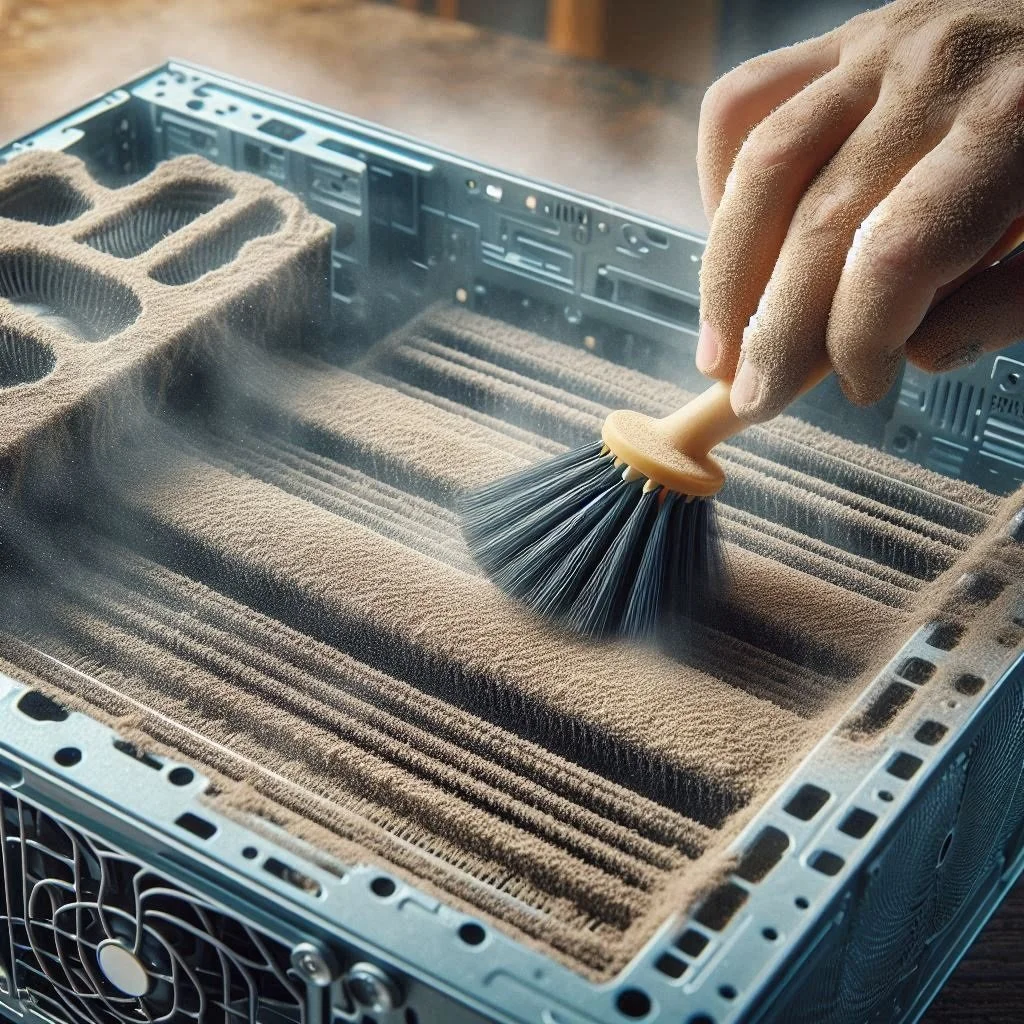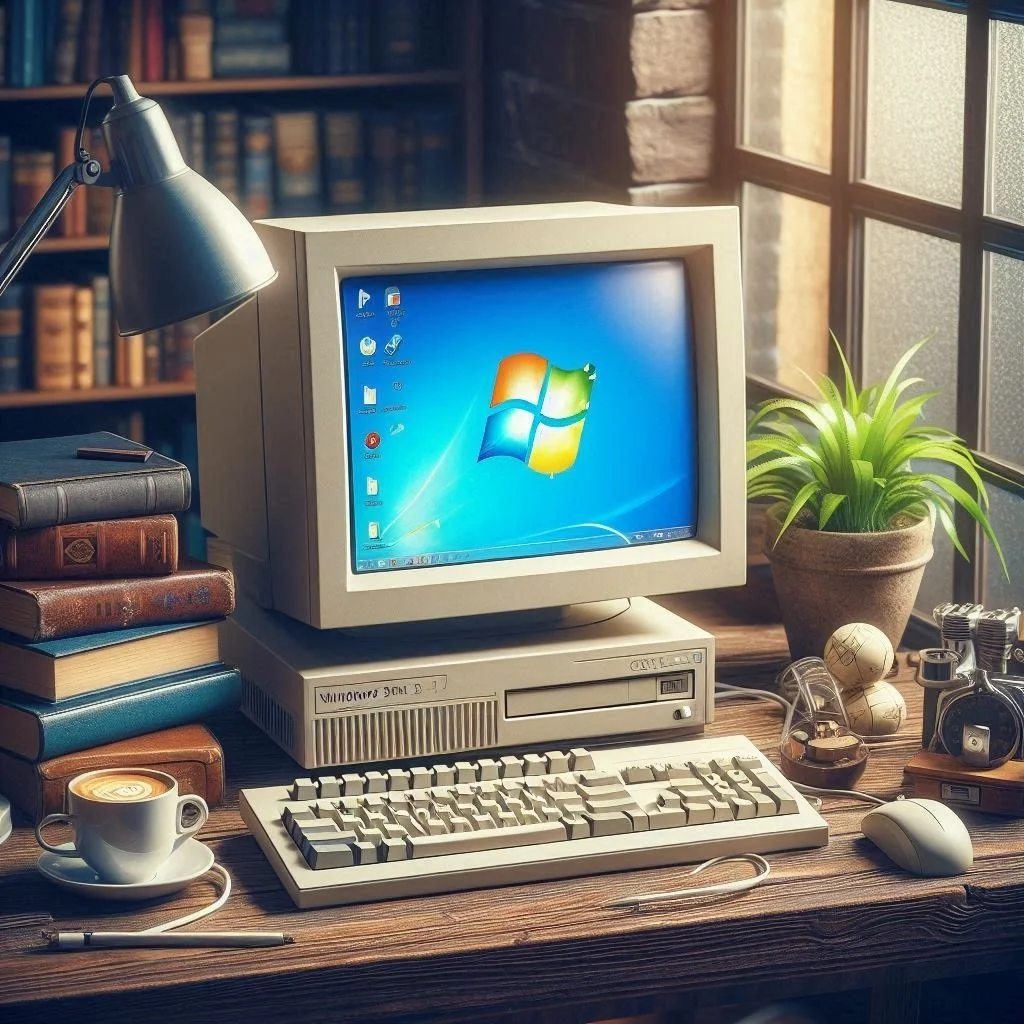Five Reasons Why Your PC can Overheat
The PC can experience many issues that disrupt overall performance, but overheating is one of the primary contributing factors to a depleted system. Often overlooked, an overheating PC can cause severe hardware damage and performance degradation. Both everyday users and gamers need to understand the leading causes of overheating. In this post, I will outline key factors contributing to overheating and offer solutions to maintain efficient cooling. Keeping the system cool is vital for optimal performance.
The Dreaded Dust Buildup
Dust accumulation inside the PC can obstruct airflow and lead to overheating of components. The processor is especially at risk if it does not receive adequate cooling due to dust buildup on its cooling fans. Whenever a processor overheats, as a protective measure it will automatically shut down to prevent further damage. Regular cleaning inside PC’s is essential to maintaining proper airflow and cooling. You must be proactive about dust management to ensure the computer runs efficiently.
The Improper Airflow
Setting up your PC's cooling fans is critical for maintaining stable temperatures and ensuring smooth operation. To bring in cool air, you need to configure intake fans inside the front portion of the PC case. Exhaust fans should be placed at the top and back of the case to expel hot air. This arrangement prevents hot air from getting trapped inside, which can cause components like the CPU and GPU to overheat.
Blocked Vents
Blocked vents obstruct airflow inside any PC case and can cause components to overheat. Part of your monthly maintenance task should include regularly cleaning the inside of your PC and ensuring the vents are clear. Keeping vents clear of obstructions helps extend the life of the hardware. Maintaining proper airflow is essential for the PC's performance. As a recommendation, place the PC in a spacious environment. Desktop PCs should be at least 10 inches from the wall and other stationary objects.
An Overloaded System
Running multiple applications simultaneously can overheat any PC's processor, especially if they run in the background. To turn off background applications, use the Task Manager. Right-click on the active application, then click Disable; that is simple. Another solution is to uninstall any applications that you're no longer using. This alleviates the strain on your computer and frees up storage drive space.
An Outdated Software
Outdated software can lead to poor resource management, strain your system, and increase the temperature of your hardware. Performing system updates for the operating system and applications can help maintain optimal system performance. Managing updates effectively is crucial for preventing further issues with the PC hardware.
Epilouge
An overheated PC can significantly impact the performance and lifespan of any computer. Understanding the common causes of overheating, which are dust Buildup, inadequate cooling, blocked air vents, and outdated software, contributes to this issue. By identifying these problems, you can take proactive measures to prevent overheating. Addressing these factors is essential for maintaining your computer's efficiency and durability.


